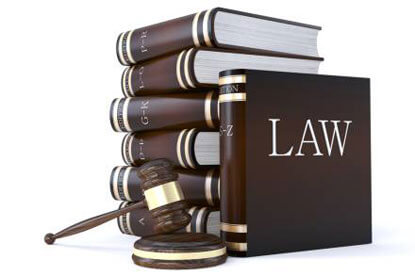
Google says it has scanned more than 20 million books, and posted English-language snippets of more than 4 million, since forming agreements with large libraries to digitize current and out-of-print works for the Google Books website.
The Authors Guild and groups representing photographers and graphic artists have complained that Google’s actions amounted to “massive copyright infringement.” However, Google says that the database actually helps people to find the authors and buy their books and that there is a “significant public benefit” from the work done by Google in digitizing and publishing the works of authors, though without their specific permission.
In its filing, Google said, “Google Books creates enormous transformative benefits without reducing the value of the authors’ work … (and) therefore passes with ease the ultimate test of fair use.”
While rejecting the $125 million offer by Google, Judge Deny Chin had said that the company had gone too far because it was asking for a “de facto monopoly” to copy books en masse without permission and served to “further entrench” its market power in search dynamics.
Chin granted class-action status to the authors in May, and said other groups like those representing photographers and digital artists may also sue. The lawsuit includes individual plaintiffs like the former New York Yankees baseball pitcher Jim Bouton, who is the author of “Ball Four.”






































